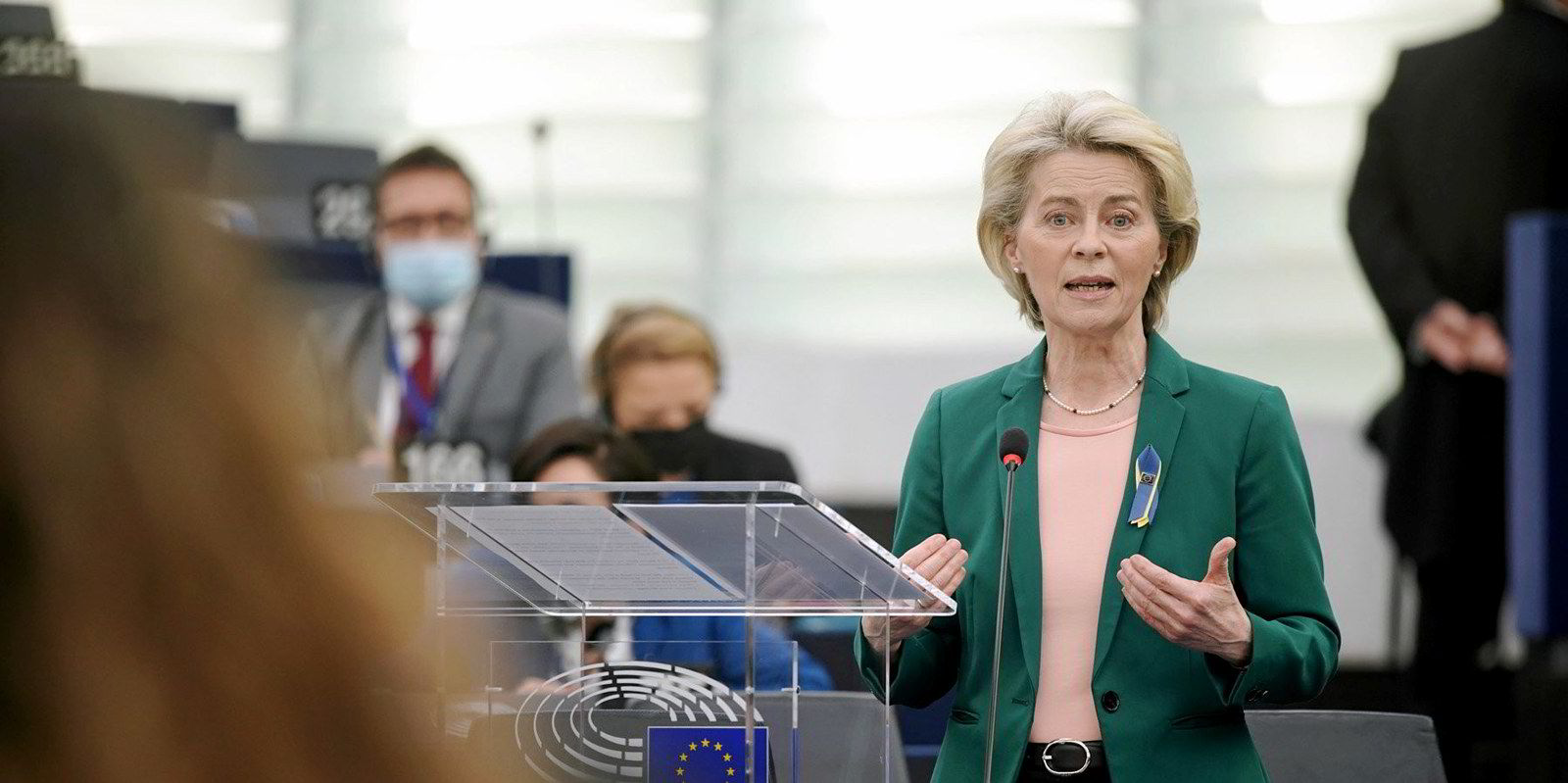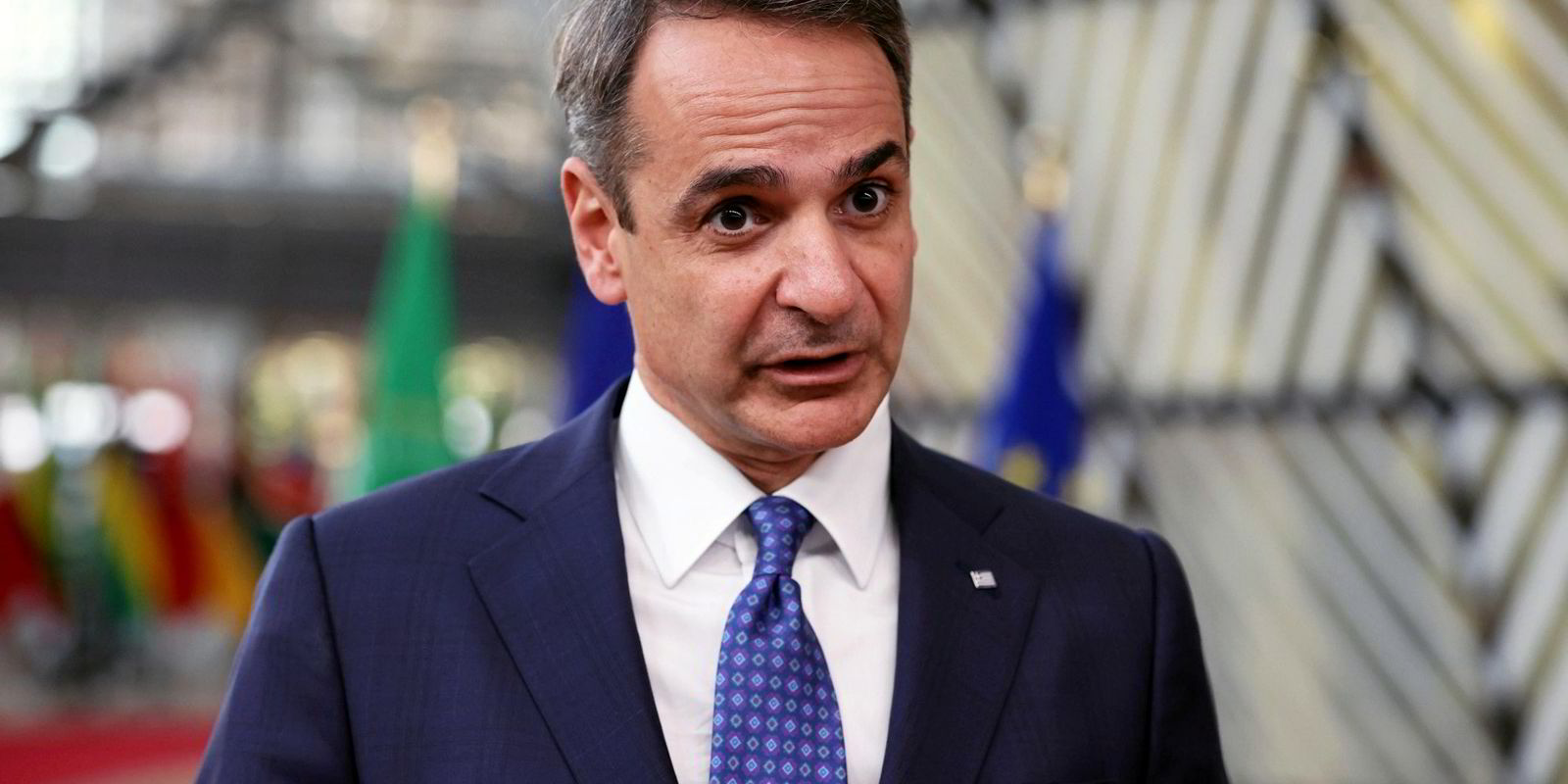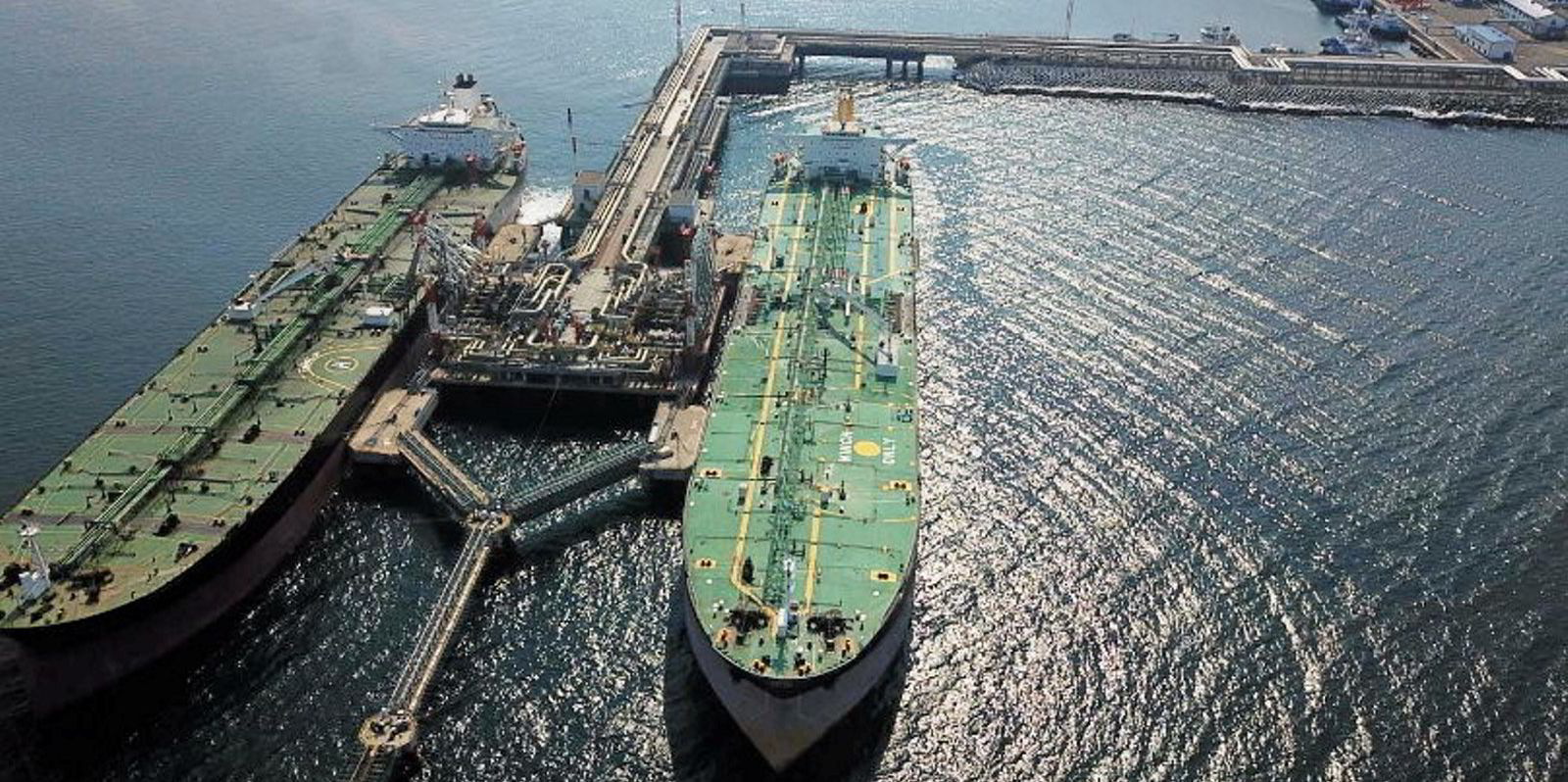A majority of European Union (EU) nations are asking the bloc’s executive Commission to devise proposals to cap natural gas wholesale prices.
The initiative, however, doesn’t include ideas aired earlier this year for a ceiling on LNG transport prices as well.
The cap wouldn’t apply just to Russian natural gas but to all such imports into the 27-member bloc, according to a document unveiled on Wednesday by the Greek government, which supports the proposal.
“The cap should be applied to all wholesale natural gas transactions and not limited to import[s] from specific jurisdictions,” said the letter signed by energy ministers from 15 states including France, Italy, Poland, Spain and 11 smaller EU states.
Germany, the Netherlands and other Nordic EU members are not among them.
The cap “can be complemented with proposals to strengthen the financial oversight of the gas market and develop alternative benchmarks for gas pricing in Europe,” the energy ministers added.
In the document, the ministers ask the European Commission to submit proposals by 30 September, when all their EU counterparts will meet to discuss emergency market intervention to address high energy prices.
Greek prime minister Kyriakos Mitsotakis earlier this year asked the Commission to consider putting a ceiling on LNG transport prices as part of wide-ranging market controls to curb soaring energy costs.
The price cap initiative unveiled on Wednesday, however, doesn’t extend to freight rates for carrying seaborne LNG, informed sources told TradeWinds.
A price cap, if adopted would represent a new stage in far-reaching intervention and regulation already undertaken by governments in response to the Ukraine war, which sent inflation rates soaring.
Earlier this month, Germany announced the full nationalisation of Uniper, its biggest natural gas importer.
Natural gas markets were further shaken this week after news of damage to critical infrastructure in the Baltic Sea.
In response, Danish maritime authorities set up an exclusion zone because of danger to shipping from a suspected act of sabotage on the Nord Stream 1 and Nord Stream 2 pipelines.





